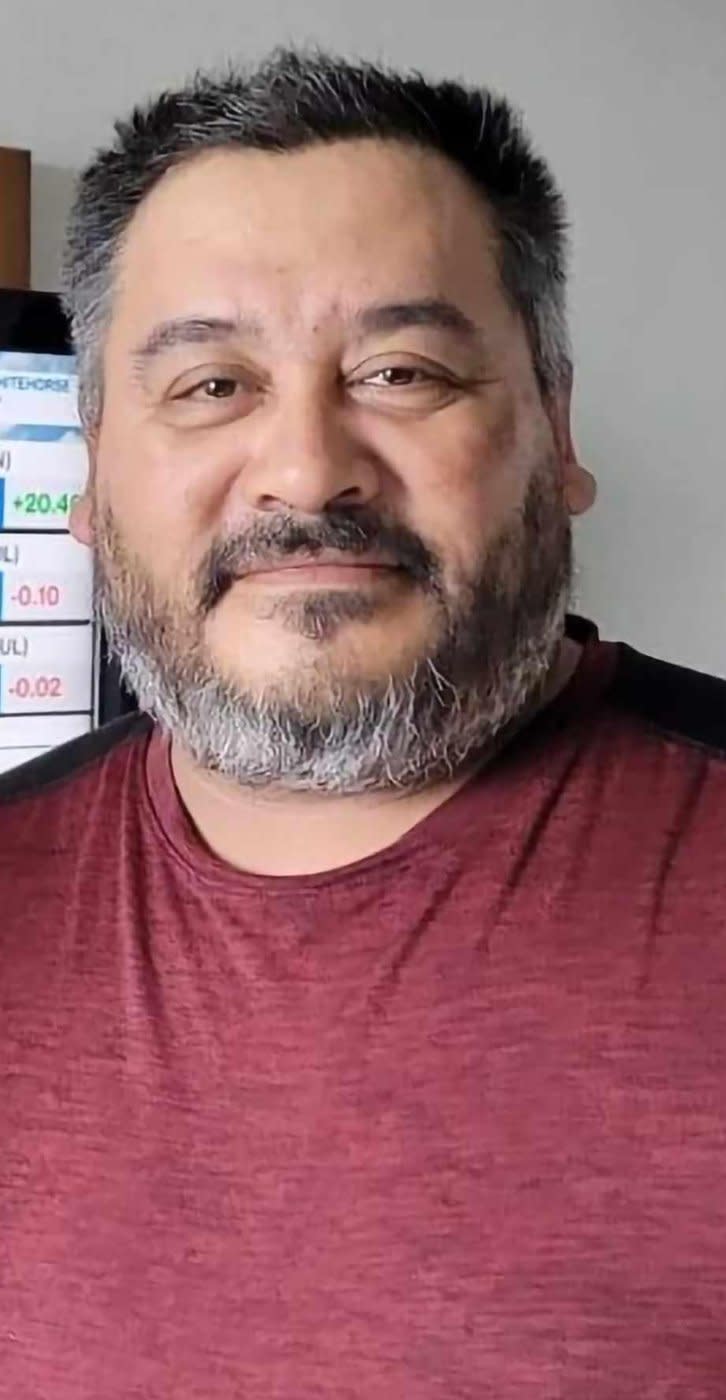Whale Cove search-and-rescue veteran calls for changes

Search-and-rescue (SAR) veteran Stanley Adjuk said there has to be some changes in the way search efforts are handled after the Whale Cove SAR team was denied a tasking number when Jason Panika went missing when trying to drive a machine from Baker Lake to Rankin Inlet earlier this month.
Jason Panika, 21, was trying to reach Rankin Inlet from Baker Lake by snowmobile when his body was found April 21, about halfway between Baker Lake and Whale Cove.
Adjuk couldn’t believe searchers were denied help by their own government while Agnico Eagle stepped up to cover everything they needed to join the search.
Adjuk said a tasking number allows SAR members to get fuel and food before heading out on the land to join in the search. It also insures the volunteers while they’re out on the land.
He said the Whale Cove SAR team was trying to get that and join the search for Panika, who tried going to Rankin, got lost and perished.
“They told me we were denied because they already had two communities using the one tasking number: Baker and Rankin,” said Adjuk. “But that’s what I don’t understand — only two communities to one tasking number, and their excuse was that we were 400 kilometres away and that’s B.S.
“We were under 70 kilometres from where his machine was found and there were four guys in the party from Whale who found the young man.
“We were a day late taking off and we never did get a tasking number, but Agnico Eagle called me up and told me to pick up our gas or whatever else we needed and they’d take care of it.
“That’s the only way we were able to take off.”
Adjuk said it’s hard to say if they had gotten their tasking number right away if they would have made it out to the young man in time.
He said he honestly doesn’t think they would have made it, though.
“The blizzard was a factor and he had absolutely nothing, just a snow machine,” he said. “Because of that, even if we had left a day earlier, I don’t think we would have caught him.
“But it would have been nice to at least have been given the chance though.”
Adjuk said Whale Cove SAR never really had a problem getting a tasking number before.
He said he gave a spokesperson from Nunavut Emergency Management (NEM) a piece of his mind and told him they found his machine — you have to send people now.
“We were only eight in total, just a few of us, but without a tasking number, or not, we were going to go ahead anyways. That’s what’s it’s all about: people being there for each other and communities helping each other out when they’re needed.
“When you have volunteers who want to go, having to use their own equipment, but still wanting to help, it’s very discouraging when we get denied by our own government.
“In situations like our harsh weather, yes, I can easily say the more people we get out there searching the better our chances of finding the person are.
“Once you’re out there alone and your machine is no longer any use to you, you’re on borrowed time.”
Adjuk said SAR members always find the snowmobile or the ATV first all the time.
He said there are a lot of things that need to be improved with the current policy.
“Whoever makes the decisions should know the land here in Nunavut, not someone coming from the south and not knowing anything about the harsh weather we get.
“I’m sure there are a lot of head people who don’t even know about the land. Just like Whale Cove being 400 kilometres away from Baker. That was all wrong.
“We took off from Whale and were halfway to Baker in three hours. We were probably only 30 kilometres away from where they found his Ski-Doo.
“We’re experienced in this area. We’re experienced going to Rankin, Baker, Arviat and Chester, so we know where we are all the time. And, we want to be out there doing whatever we can to, hopefully, save the person’s life.”
NEM declined NNSL Media’s request for an interview regarding the matter, but provided an e-mailed response stating it is currently reviewing the G and C program policy for its critical Ground Search and Rescue (GSAR) work.
The review process involves consultation with communities across Nunavut, including the Whale Cove GSAR team, the statement added. The department has reached out to the Municipality of Whale Cove to continue this discussion, directly.
“NEM appreciates and values the experience of Local GSAR teams and is committed to ensuring feedback is incorporated through fulsome consultation in the development of its new policy,” it stated.
Darrell Greer, Local Journalism Initiative Reporter, Kivalliq News


